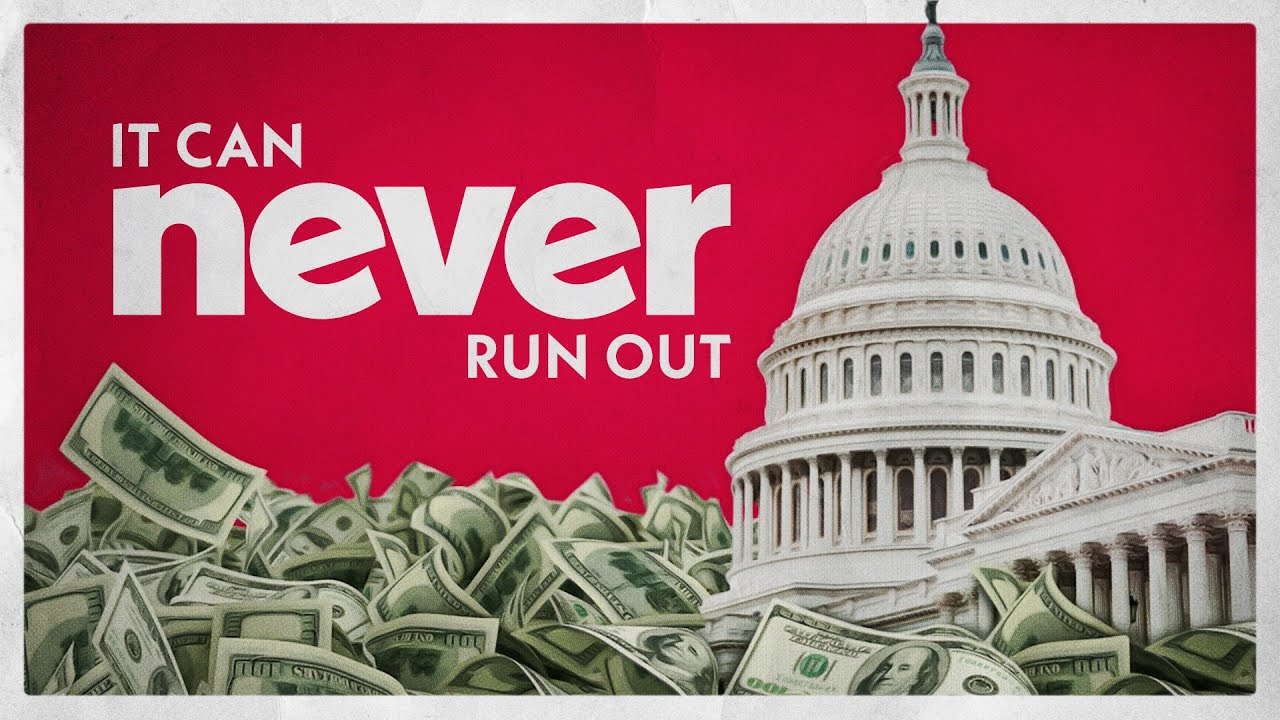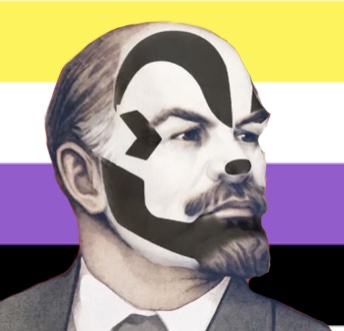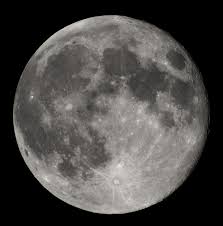- cross-posted to:
- workreform
- [email protected]
- cross-posted to:
- workreform
- [email protected]
Yeah, I’be been saying this since before Covid. During trumps trade war on China, there was a massive increase in monetary supply. The government was printing money like crazy, but there wasn’t any increase in inflation.
I didn’t know there was already a theory behind it. But I kind of figured I shouldn’t be the only one to have figured this out.
Something did inflate, actually: the price of assets, meaning stocks, bonds, real estate. In other words, the rich got richer.
Technically true, but it would have inflated a lot faster if not for the trade war. There was also an adjustment 4Q2018 because there was no deal with China and things would have escalated the next year. When the next year came around, the US capitulated because businesses were losing too much profit.
Typically socialist governments are much more resilient against recessions, so a fair economic attack was never winnable anyways, especially on a country that’s mainly self-reliant. The Soviet Union was doing well during the 1930’s Great Depression as well.
I tried to explain this in Gov class last year and the teacher was just like “well, that’s too complicated for everyone to understand, let’s just pretend taxes pay for stuff.”
You know who drives me up a wall in that regard? Richard Wolff of Democracy at Work. I suspect he actually knows what’s up, but refuses to stop talking about [federal] taxes that way. Maybe he finds it to be rhetorically useful, but I think he’s
hisunderestimating his audience and doing them a deep disservice.
Governments with monetary sovereignty, anyway. Eurozone countries are S.O.L.
Great video, I learned a lot. But I’m confused about taxes now, I don’t really understand why they are needed if a government can just make all the money it needs. Can someone explain like I’m a dumb baby?
Taxes exist to give value to money. Basically, when a government prints money, that piece of paper has no inherent value. You can conduct your business in seashells if you so decide.
However, at the end of the year, you’re going to want to convert your seashells into your government’s currency in order to pay your taxes. And that is what gives the currency value. The amount that is taxed depends on how much liquidity there is in the economy. If there’s too much money around, higher taxes would reduce that.
This is a fairly poor explanation of how it is, you could read “Macroeconomics” by Mitchell, Watts and Wray for a more in-depth explanation including historical examples using “sticks” for taxes.
Thanks, I’ll add that book to my reading list.
Taxes are imposed by the central authority on the working population to get them to start working and producing real, tangible goods and services, which generates the value of the currency.
A YouTube link was detected in your comment. Here are links to the same video on Invidious, which is a YouTube frontend that protects your privacy:
They maintain demand for the currency. We can’t pay our taxes with anything but fiat. Bastards wouldn’t take my dozen head of cattle 😢
As far as I understand, taxes are used to finance services that capitalists refuse to provide, but more importantly, taxation is used to I think limit the supply of money. The government can print all the money it wants and nothing is inherently wrong, but that would devalue the currency. Be aware that I could be totally wrong.
taxes are used to finance services
I don’t think this part is the case, as explained in this video and in the 1Dime videos in this video’s description.
Money is necessarily created by the government to finance goods & services first, otherwise there’d be no money to collect via taxes from those who the government (directly or indirectly) pays to provide said goods & services. There is no money except that which the government 1) creates itself or 2) creates through the private banks it deputizes to create money through the writing of loans (which always create them as a 1:1 credit-to-debt).
As long as others believe that you have credit, your money will not run out.
Countries that possess monetsry sovereignty can always print their own currency. But I do agree that the currency will be deemed undesirable if it’s not backed by the sufficient quanity and quality of goods and services.
Theoretically, yes, but there is a country that can force others to accept it by military means
A YouTube link was detected in your post. Here are links to the same video on Invidious, which is a YouTube frontend that protects your privacy:






